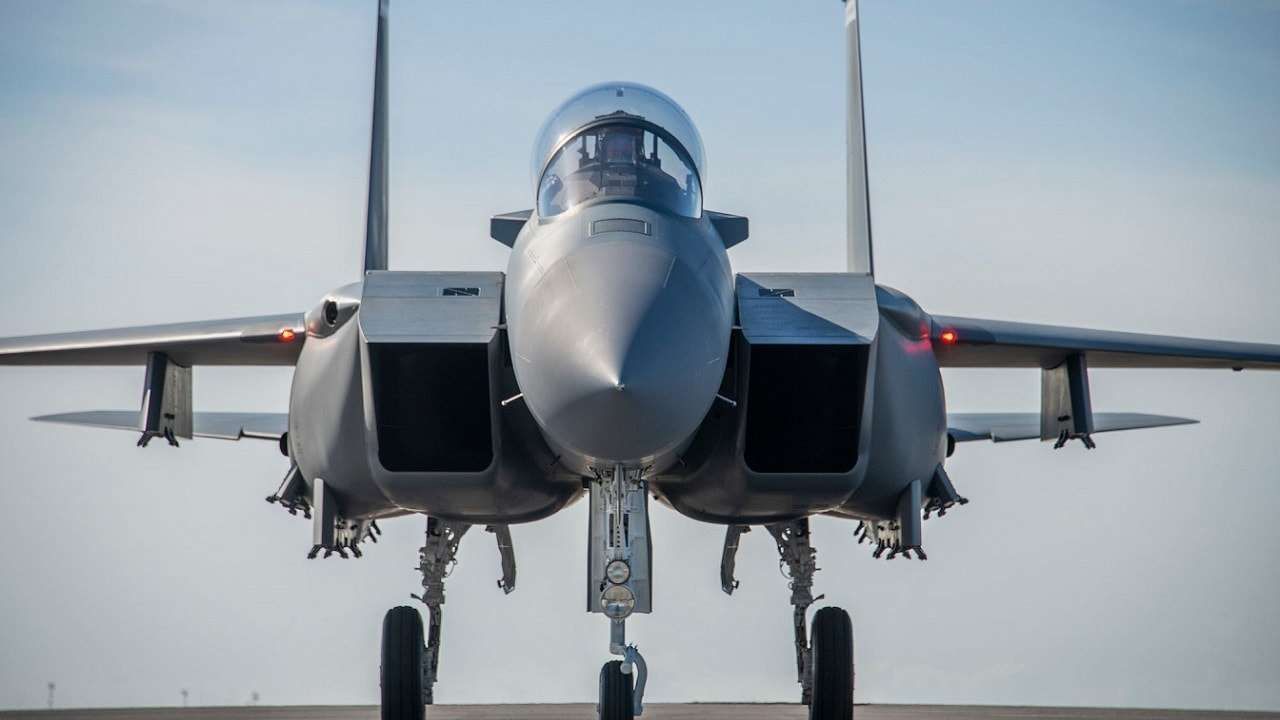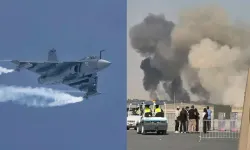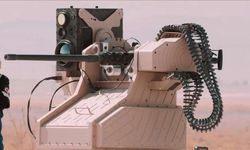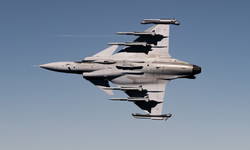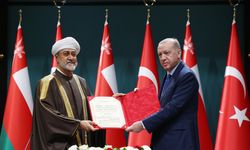Boeing has been awarded a $616-million contract by the US Air Force to commence full-rate production of the Eagle Passive Active Warning Survivability System (EPAWSS) for F-15 fighter aircraft. The contract was announced on Monday and represents a significant step forward in modernizing the F-15 fleet’s defensive capabilities.
The agreement includes the procurement of both Group A and Group B EPAWSS kits, interim contractor support materials, and system engineering program management support. The work will be carried out at Boeing's facilities in St. Louis, Missouri, and in Nashua, New Hampshire, with the project expected to conclude by the end of 2030.
EPAWSS is a state-of-the-art defensive system designed to enhance the situational awareness of F-15 aircrews against surface, airborne, and electronic warfare threats. The system collects and processes electromagnetic energy to identify potential threats and is capable of jamming all classes of radiofrequency threats.
“EPAWSS is a leap in technology, improving the lethality and combat capabilities of the F-15E and F-15EX in contested, degraded environments,” said Maj. Bryant Baum, EPAWSS Test Director.
The Air Force Life Cycle Management Center at Wright-Patterson Air Force Base, Ohio, is overseeing the contracting activity. The program aligns with Boeing’s strategy to evolve the F-15 platform into a more capable electronic attack aircraft, comparable to the EA-18G Growler.
About the F-15
The F-15 Eagle, a versatile multi-role fighter, has been a cornerstone of US Air Force operations for decades. It is powered by two Pratt & Whitney turbofan engines and is capable of achieving speeds up to Mach 2 (1,875 miles/3,017 kilometers per hour) with a range of 3,450 miles (5,552 kilometers).
Equipped with advanced radar and weaponry, including AIM-9 Sidewinder and AIM-120 AMRAAM missiles, the F-15 ensures air supremacy by detecting and engaging both high- and low-flying targets. The addition of EPAWSS further enhances its survivability and operational effectiveness in contested environments.
This latest contract underscores the Air Force’s commitment to maintaining technological superiority in the skies while reinforcing Boeing’s role as a key defense partner.
